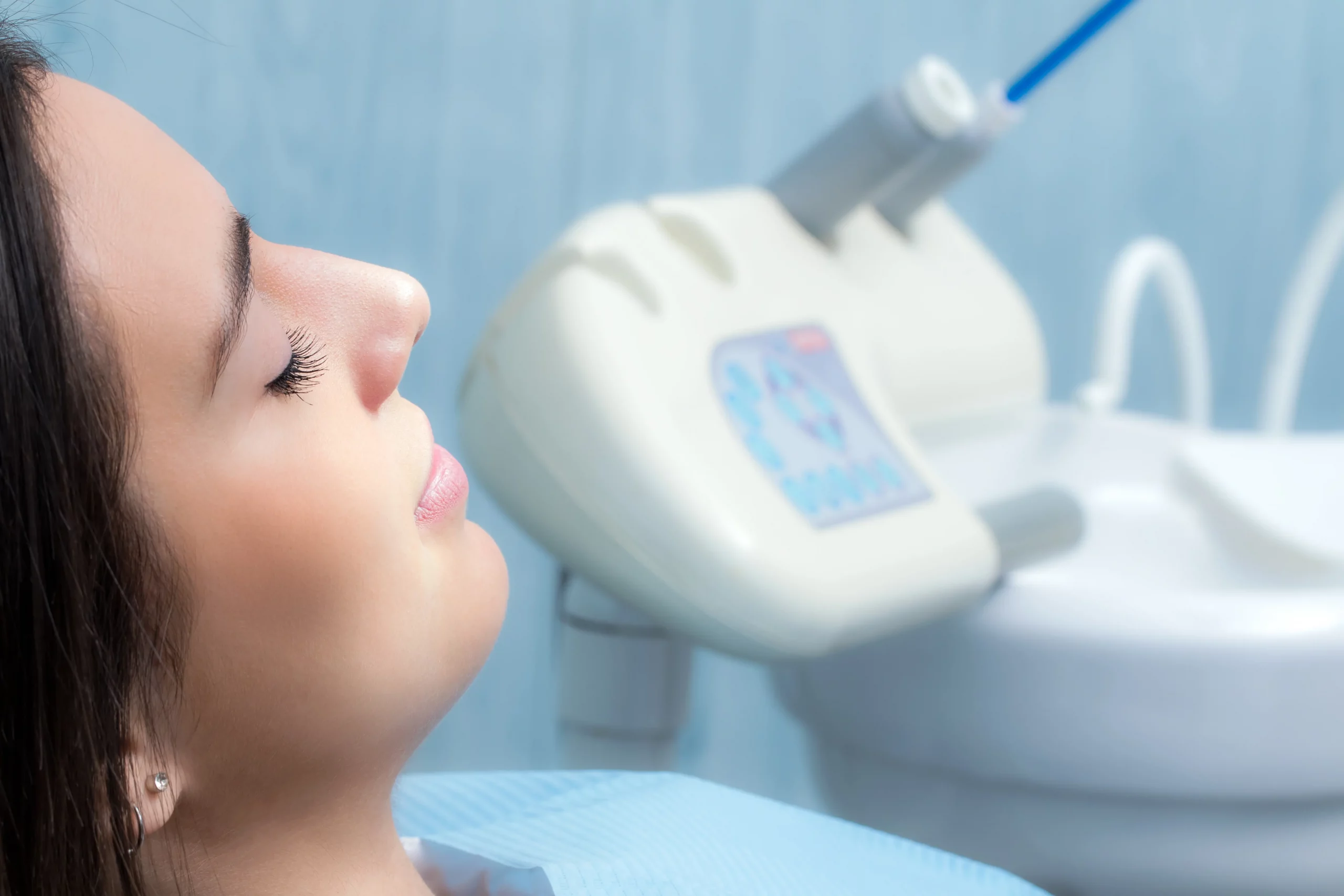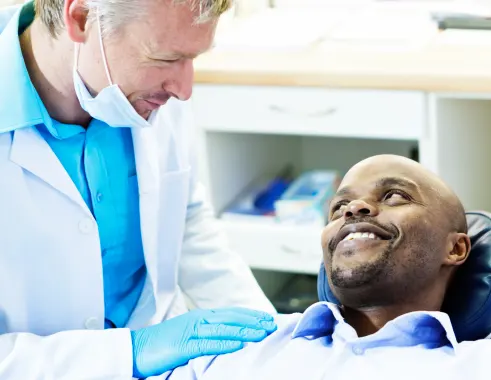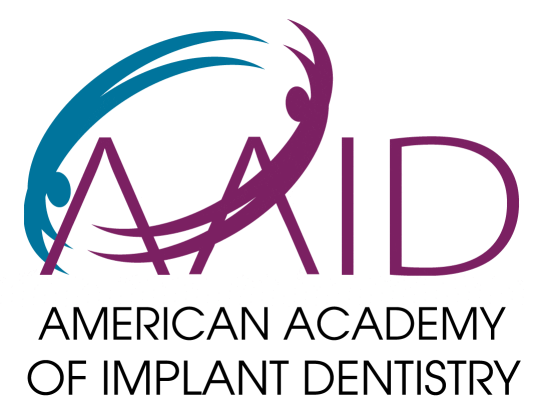
There are three main types of sedation dentistry which are commonly used in this country, those being laughing gas, oral sedation, and IV sedation. Laughing gas is also known as nitrous oxide, and is completely safe for all patients since you are aware and awake throughout the entire procedure. It is generally used to help patients relax, and it wears off very quickly once the procedure has been completed. Oral sedation is administered using a pill, and this will make you feel drowsy, which means you'll need someone to drive you to and from the dentist office.
It's usually necessary to fast for several hours before going through a dental procedure, and once it begins, it's very possible that you might fall asleep. Sometimes it becomes necessary after the procedure for a patient to recover from the effects of oral sedation. When IV sedation is used, an IV line is inserted in the patient's arm to provide a steady flow of medication. This will ensure that the patient remains unconscious throughout the procedure. Vital signs are monitored throughout the procedure, to ensure that no harm is coming to the patient, while the procedure is being performed.
When trying to find the right sedation dentist for your needs, there are some things you should consider, and which you might want to discuss with a candidate dentist. For instance, you might want to know whether or not they are affiliated with any local hospitals. Another good thing to know would be what type of patients any sedation dentist normally treats.
If they don't typically treat patients of your age and background, you might want to keep looking. Before deciding on any particular sedation dentist, make sure you know which types of sedation they offer, since there is no one-size-fits-all type available.

Local anesthesia is generally used to prevent any kind of pain from being felt in a specific area of your mouth during the procedure. This is accomplished by blocking the nerves which transmit pain, and by numbing the mouth tissues in this area, blockage effectively occurs. Your dentist might also administer a topical anesthetic to accomplish preliminary numbing before actually injecting a local anesthetic in the area.

Q: Who can have sedation at the dentist's office?
A: Sedation can be arranged for most people who have a genuine fear or anxiety which might otherwise prevent them from keeping a dental appointment. Sedation dentistry is also appropriate for individuals who have a low pain threshold, and are fearful about what they might feel during a procedure.
Q: Can any dentist perform sedation?
A: Most dentists are allowed to administer minimal sedation such as oral sedation or laughing gas. When general anesthesia must be used, for instance via an IV line, a specialist is required to administer this form of sedation.
Q: Can a dentist administer sedation?
A: Dentists can deliver oral sedation in the form of pills, and they can put a mask over your face to deliver laughing gas. For someone who is extremely anxious or nervous about dental procedures, you may want to go to an NHS sedation clinic.
Q: How safe is sedation dentistry?
A: Generally speaking, sedation dentistry is extremely safe for the vast majority of all patients who require it. Sedation dentistry has been performed countless times at dental offices all throughout the country, and there have only been rare cases where a patient has reacted badly to it.
Q: How long does dental sedation last?
A: In the case of nitrous oxide, the side effects from the laughing gas begin to subside almost as soon as you take the mask away from a patient. However, when oral sedation or IV sedation are used, it can be several hours before the effects wear off completely. That's why it will be necessary to have someone drive you to and from the dental office when either oral sedation or IV sedation are being used.
 New Patients: (559) 295-8977Current patients: (559) 435-5660
New Patients: (559) 295-8977Current patients: (559) 435-5660Monday: 8:30am - 5:00 pm
Tuesday: 8:30am - 5:00 pm
Wednesday: 8:30am - 5:00 pm
Thursday: 8:30am - 5:00 pm
Friday: Closed
Saturday: Closed
Sunday: Closed






Copyright © 2022 Dentist of Fresno | Sitemap | Privacy Policy